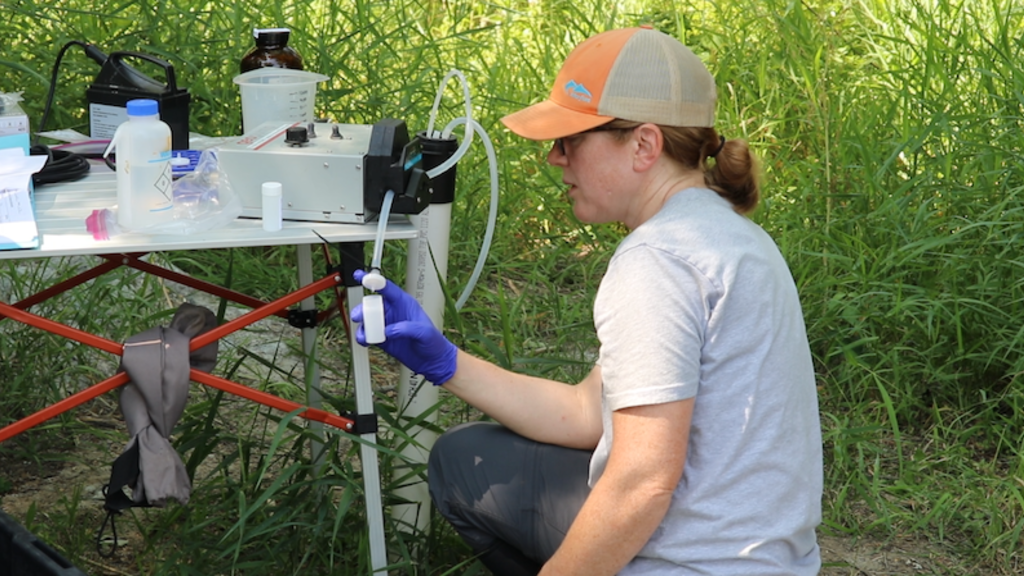Civil and Environmental Engineering
Explore our graduate program
The Water and the Environment graduate program focuses on both fundamental and applied aspects of environmental systems and processes across a range of scales. The program offers unique opportunities for students to participate actively in the research, analysis, and design aspects of real-world problems.
Within Water and the Environment, there are two areas of technical specialization, Environmental Engineering and Science (EES) and Hydraulics and Water Resources (HWR), and one cross-cutting area, Sustainable Water Development (SWD). Click the links below to learn about each area.

Technical Specialization:
Environmental Engineering and Science

Technical Specialization:
Hydraulics and Water Resources

Cross-Cutting Area:
Sustainable Water Development
